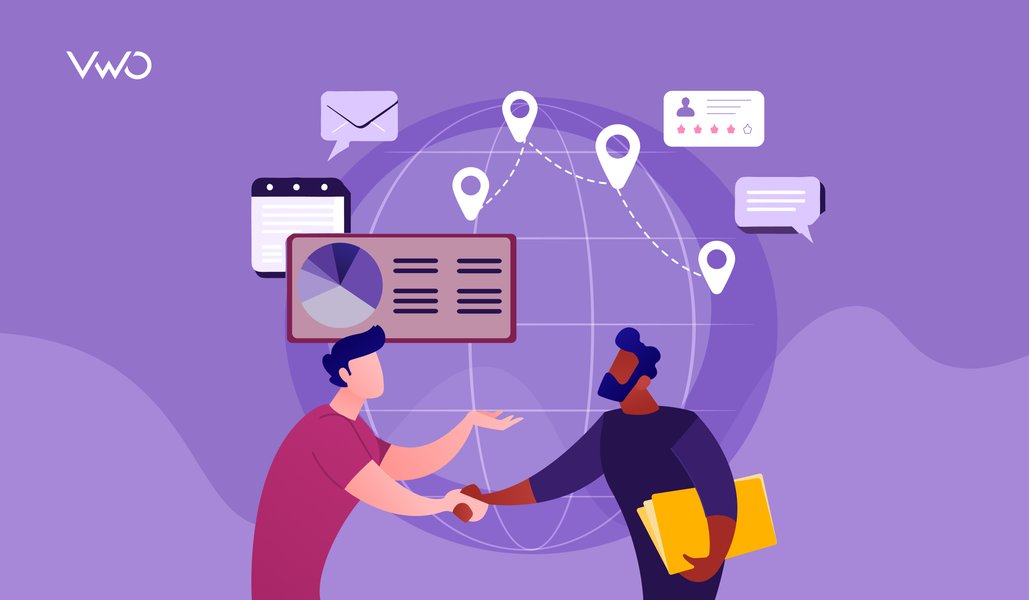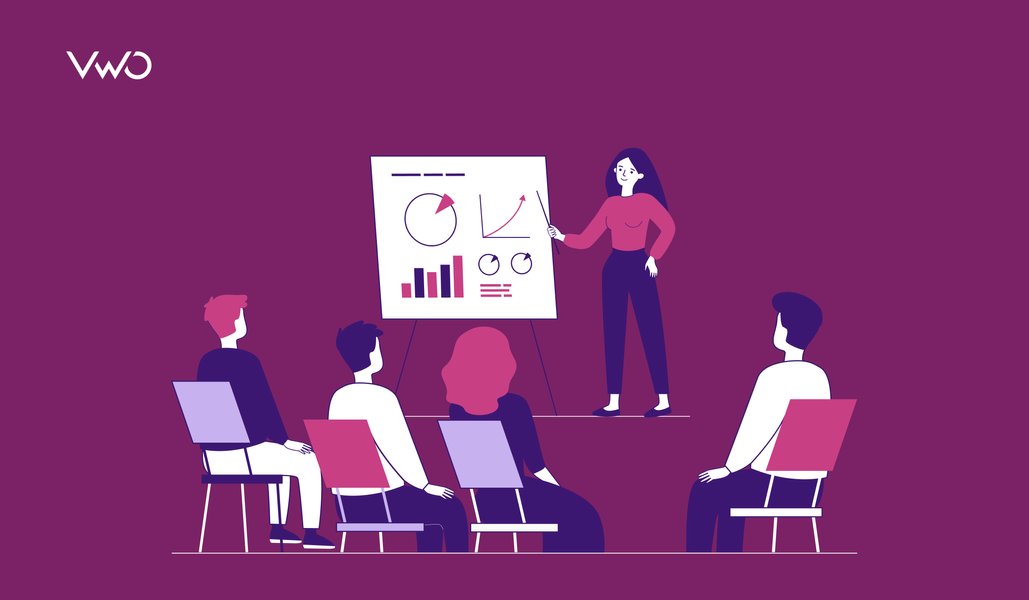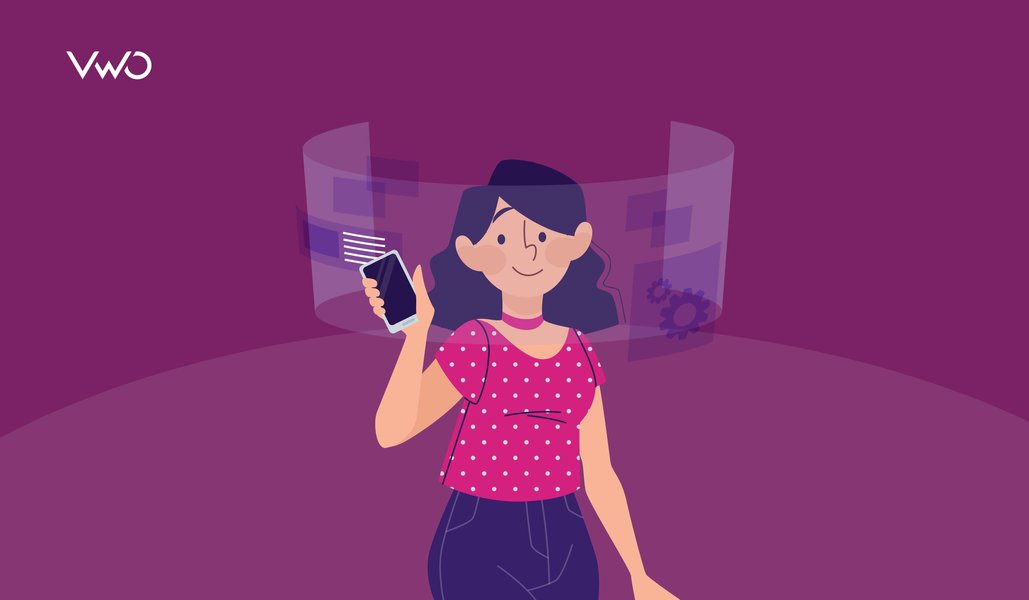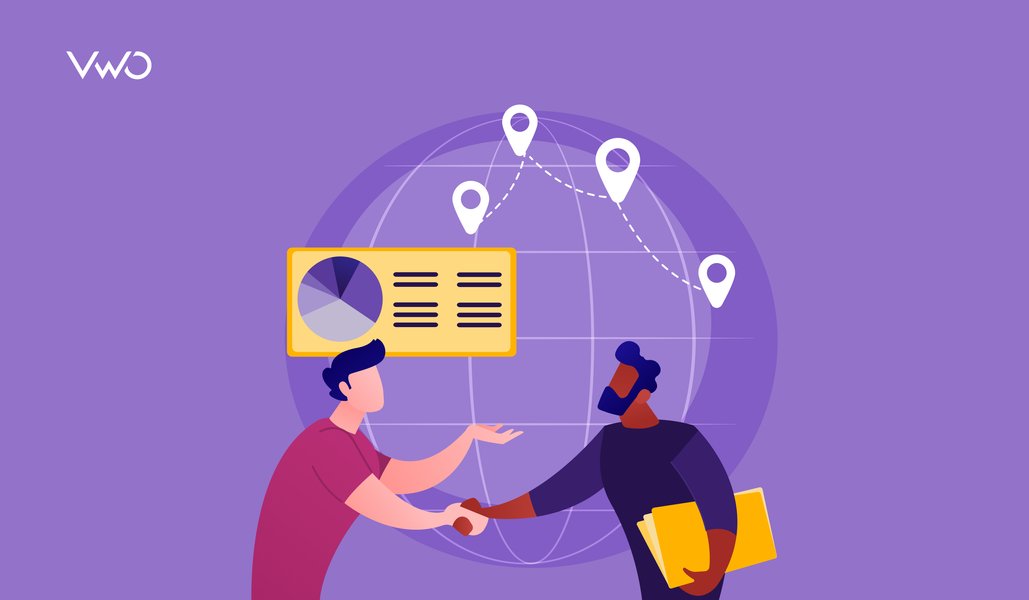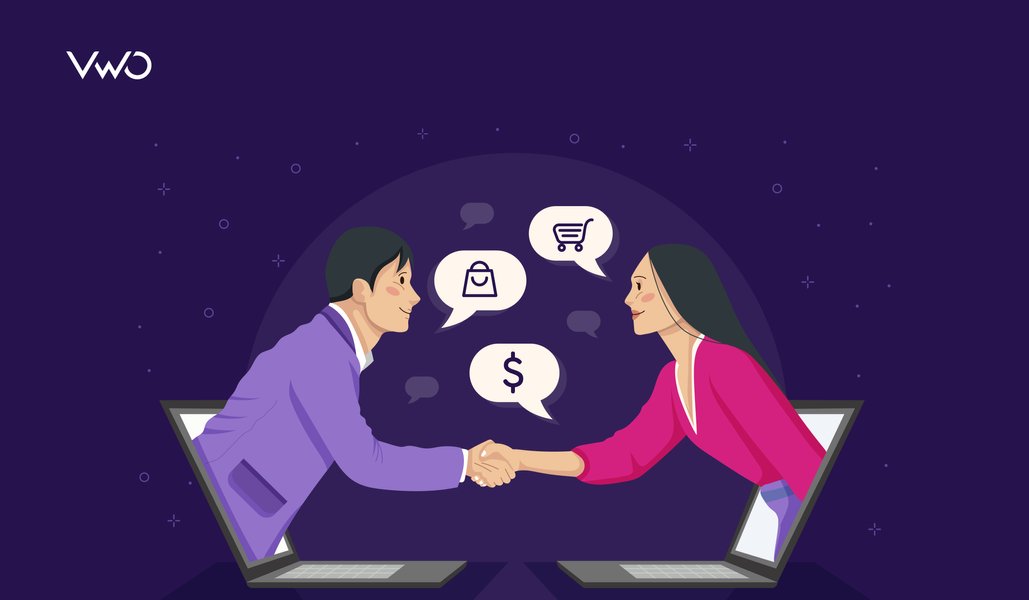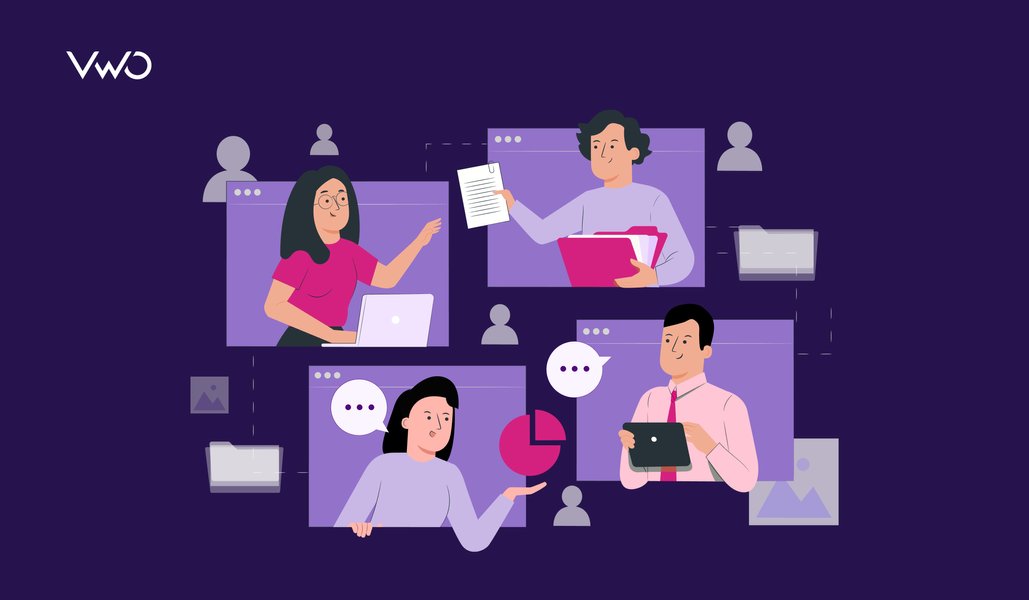At VWO, our usual advice is to optimize customer experience by analyzing online customer behavior, coming up with a data-backed hypothesis for improvement, and then testing new variations to retain what works while discarding what doesn’t. We believe that such advice is based on the scientific process and hence should work like a charm for most businesses, most of the time.
But recent times are different. The unexpected disruptions caused by the COVID-19 (coronavirus disease) pandemic has caught all of us by surprise and suddenly put the entire world in a tizzy. Nobody knows how bad (or good) things will get from here. What we’re witnessing is indeed a black-swan event.
Download Free: A/B Testing Guide
Regarding how to respond to COVID-19, there is a ton of good advice floating around the Internet. On the personal front, the World Health Organization’s website is an excellent resource to learn about preventive measures. On the economic front, the Venture Capital firm Sequoia released a letter that they sent to their founders and the management consulting firm Bain & Co. released advice for CEOs and McKinsey too compiled their insights into business implications of COVID-19 pandemic.
With so much good advice out there, what do we have to add?
Our zone of expertise revolves around customer experience and conversion rate optimization and from that lens it is clear that the most important ingredient right now is trust. People are scared. They’re fearful about their health, jobs, and safety of loved ones. So our advice is to view everything from the perspective of maximizing people’s trust in you that you’re doing everything possible to give them safety and security.
In times like these when there is widespread confusion and panic, you’re likely to see people err on the side of safety and self-interest. When customers, employees, and suppliers become too cautious, all businesses will face pressure to meet numbers causing a temptation to be opportunistic. Increasing prices of essentials that are in demand, delaying payments to suppliers, culling workforce are some of the many such short-term measures that may partially relieve the pressure on your business (and some of them may be essential), but they will certainly cause significant damage to your long-term reputation.
To quote the famous saying: “people don’t remember what you say but they remember how you made them feel“. Given the difficult situation everyone is going through, you can be sure that people will continue remembering how you treat them now.
So, to reiterate, we recommend brainstorming and executing all the variety of actions that can increase trust-levels among your customers, employees, and suppliers. What you come up with will depend on the intricacies of your business, but here’s what we’re doing at VWO:
- We declared mandatory Work from Home for all our 230+ employees two weeks ago when there was just 1 confirmed case of COVID-19 in New Delhi. Many thought our decision was an overreaction but our employees are thankful that we took the step.
- We have released a free tool to enable businesses to easily make changes on their websites for putting up COVID-19 related notices without waiting on their developers.
- We’re also extending our services at a discount to our clients who are facing an internal resource crunch for designing or executing their campaigns. To make use of this, contact us with your needs.
We know this is not enough and are actively thinking of all possible ways to help our customers, employees, and suppliers. If you have ideas, let us know at info@vwo.com
Download Free: A/B Testing Guide
What can your business do to increase trust?
We recommend forming an internal task force for COVID-19 to not just urgently respond to emerging situations, but also to think proactively all the ways your business can be of help to people.
Some ideas to get you started:
If you’re in online retail / eCommerce
Work with your logistics partners to ensure minimal exposure of packaging to coronavirus. This may include disinfecting boxes before delivery. Once you do this, communicate the same to your customers. They need to know that you’re investing in keeping them safe. In US, companies like Postmates, Grubhub, and Instacart have started offering ‘contactless’ delivery.
Rationing items that are rising in demand. Nobody expected a commodity like Toilet Papers to get into such demand that at many places they are either out of stock or they’re selling at unaffordable prices. Your pricing team needs to monitor products with increasing demand and should step in to ration them before they get out of stock. Big retailers like Amazon and eBay haven’t been able to respond fast enough to control the price of items in demand but you can. Also, learn how you can reduce cart abandonment in these tough times.
If you’re in travel or hospitality
Avoid the temptation to run offers. With reducing demand, prices for airlines and hotels are crashing so there is likely to be a short term impact on revenue. Your marketing team needs to know that sending offers to customers will likely be seen negatively and whatever little revenue you may generate by doing this will not compensate for long term trust deficit that your business will face. You do not want to run newsletters like this one: ‘The Upside to COVID-19: Cheap Travel Deals‘.
Make customer cancellations smooth. Many of your customers may be scrambling right now to cancel their travel plans. Understand that they’re not doing this out of choice but out of necessity. A few travel startups have started reallocating their entire staff to handle cancellations. You too should go the extra mile in ensuring that their cancellations are smooth. Bonus trust-points if you waive any penalties for cancellations.
If you’re an offline customer interaction business (physical retail, restaurants, etc.)
Incentivize your customers to shop / order online by giving them a ‘social distancing’ discount. Experts all over the world are recommending social distancing as the #1 measure to flatten the curve and prevent the worst consequences of this pandemic. If there’s any way you can help nudge the public response in that direction, you’ll do a lot of good. For example, Uber Eats has waived the delivery fees during the pandemic.
Innovate on your store’s layout to minimize chances of coronavirus spread. Some measures may include reducing efficiency of seating by increasing spacing between places to sit or stand, accepting only online payments to reduce cash exchange, or mandatory hand sanitization protocols at multiple places around store for customers and employees. Innovation is the key here. Many of such measures will require investment or accepting reduced efficiency, so it’ll hit your bottom line. But, by taking these measures, the message you’ll send to your customers and employees is that they can trust you to have their interests in mind. For inspiration, read how grocery shops responded to COVID-19 in China.
If you’re in services or B2B:
Communicate to your clients that you’re available for urgent and flexible assistance. Your clients may be under different kinds of stresses and you may not know exactly what they’re going through. Your reassurance of being there for them and putting an extra effort towards acting on such reassurances will go a long way in strengthening their trust in you. Apple’s statement on COVID-19 is a perfect example of clear communication to customers.
Show flexibility on payment terms. If you can afford it, do not lose a client just because they’re not able to pay you during this period. If you show flexibility now, they’ll remember it and will likely reciprocate in the future. Read how utility, internet, and phone companies are easing shutoffs and waiving late fees during COVID-19.
If you’re in publishing or media/entertainment:
Prioritize facts over eyeballs. In periods of panic, there’s an implicit bias to prioritize attention-grabbing stories. Facts are usually balanced and boring, so this bias could make your teams publish stuff that’s unsubstantiated. However, if you do this, not only you’ll contribute to the panic, but if the your audience sees through it, your reputation will be at risk forever. To help your team do a fact check on COVID-19, here’s a handy resource.
Show empathy by removing paywall for items that can help people during COVID-19. Both information and entertainment are playing an important role during this pandemic. Right information helps people directly and entertainment reduces anxiety and boredom during social isolation. Consider selectively removing paywall for items that can benefit the most number of people. Many major publications like NYTimes and Medium have dropped their paywalls.
If you’re in tech or SaaS:
Release anything that could help people with COVID-19 for free or cheap. Different tech products can be helpful in a variety of ways during COVID-19. Right from video conferencing to email tools, in big and small ways, tech companies can help their customers discover and use the features most relevant to the pandemic. For example, Discord relaxed users’ limits on their live streams and Varsity launched their paid courses for free to help school students continuing to study despite schools being shut. Studocu provided tools for effective learning completely free of charge so everyone can succeed in their studies and improve their grades.
We have customers in 90+ countries, so if in your country the COVID-19 cases aren’t significant, it may seem the recommendations are not for you. But, like many people in affected regions are realizing now, the best time to prepare for a pandemic is when the situation doesn’t look like a pandemic. When we announced Work From Home, there were single-digit COVID-19 cases in India. Today, within 2 weeks, there are 126 case. We’re keeping our fingers crossed but are proactively preparing for the worst case.
Remember:
So, like us, even if you had never done things like mandatory Work From Home, now is the time to do it. Our employees tell us that their productivity actually went up because they’re feeling safe. (Plus, social distancing is good for environment too). We know that giving up on short term efficiency, profit or revenue is hard, especially if you’re trained to optimize metrics.
But this time is different. This is a time to show people you work with – your customers, employees, and suppliers – that you truly care for them.




